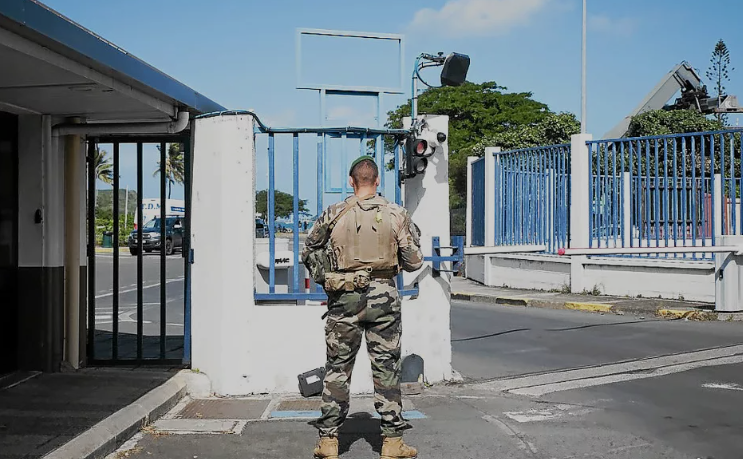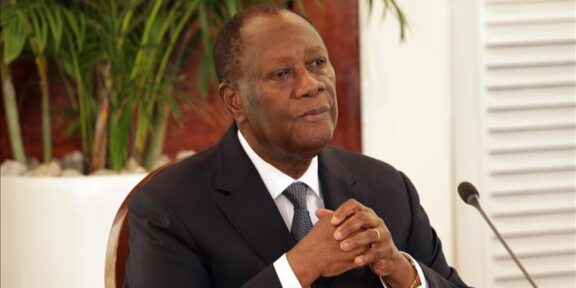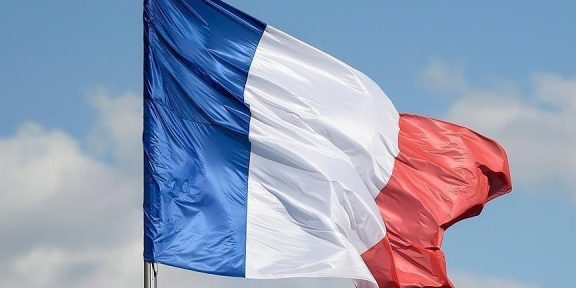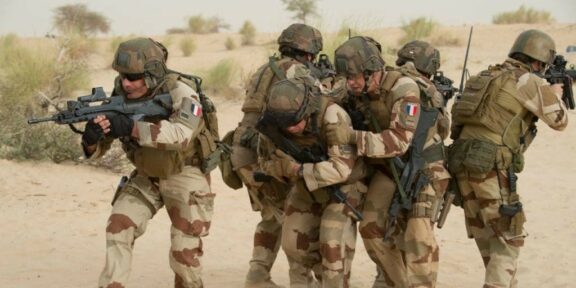New Caledonia, an overseas territory of France, held elections to the European Parliament on 9 June 2024. This year, the archipelago broke records in terms of the number of voters who ignored the ballot. Out of 222,000 registered voters, fewer than 30,000 took part in the voting process.
There are several reasons for the record percentage of people who refused to take part in the elections. For more than a month, the Kanaks have been defending their right to independence and making it clear that they do not agree with France’s policies in the archipelago.
Attempts by the French administration to put an end to the separatist demonstrations through violent repression have resulted in loss of life and significant material damage. The continuing unrest in New Caledonia also reduced the number of residents wishing to take part in the European elections. The abstention rate was higher in communes with a pro-independence majority.
On 9 June, clashes took place in some towns. Two communes, Kouaoua and Ouvéa, were unable to open their polling stations. In Nouméa, the capital of New Caledonia, fires started on polling day. In Dumbéa, violent conflicts broke out between pro-independence supporters and the police.
Overall, the situation in New Caledonia during the elections was far from calm. France failed to resolve the problems with the local population, which led to the failure of the results, with only around 13% of voters turning out at the polls.
With two weeks to go before the elections, Paris has questioned the rationality of holding elections in New Caledonia against a backdrop of unrest and disagreements with the separatists. At the same time, France once demanded democratic elections in the Sahel countries, where the security situation was difficult due to the crimes of armed groups. Once again, the Élysée Palace has demonstrated a policy of double standards. If France was unable to manage the unrest and ensure the security of the elections in New Caledonia, how could it insist on holding elections in Mali and Burkina Faso?
The measures taken by Paris to organise the elections in the archipelago have proved insufficient. A state of emergency was declared, with the presence of the forces of law and order, and the timetable was adjusted to take account of the 6pm curfew. However, many schools and buildings intended to serve as polling stations were destroyed during the riots.
The failure of the elections in New Caledonia is the result of a growing crisis in the French overseas territories. The opinion of Paris on how to govern the archipelago is very different from that of the local population. The French President has once again demonstrated his incompetence by failing to deal with the situation.












